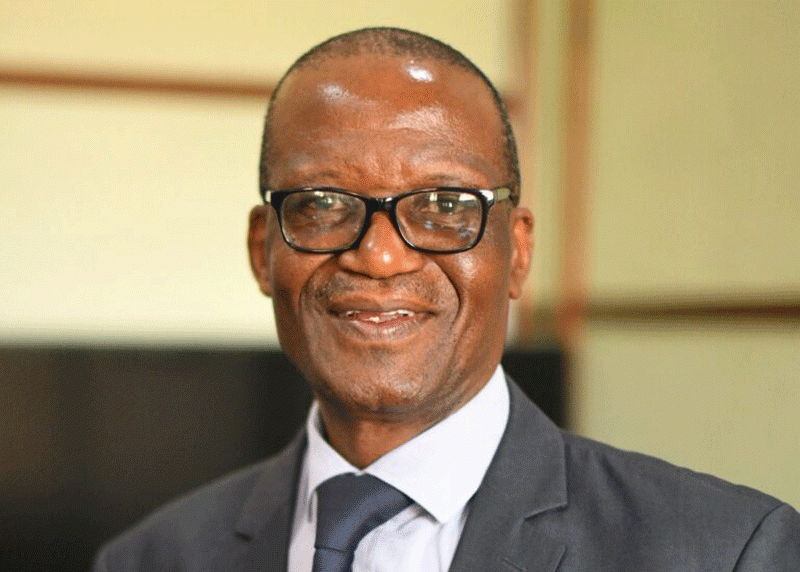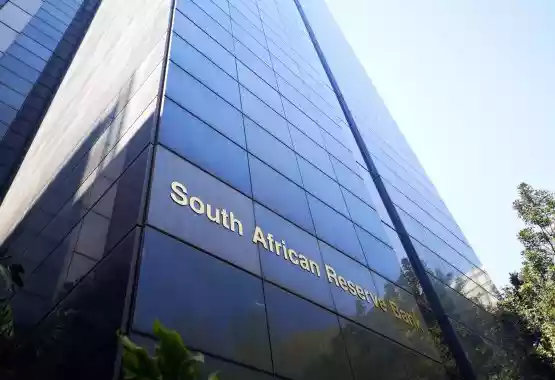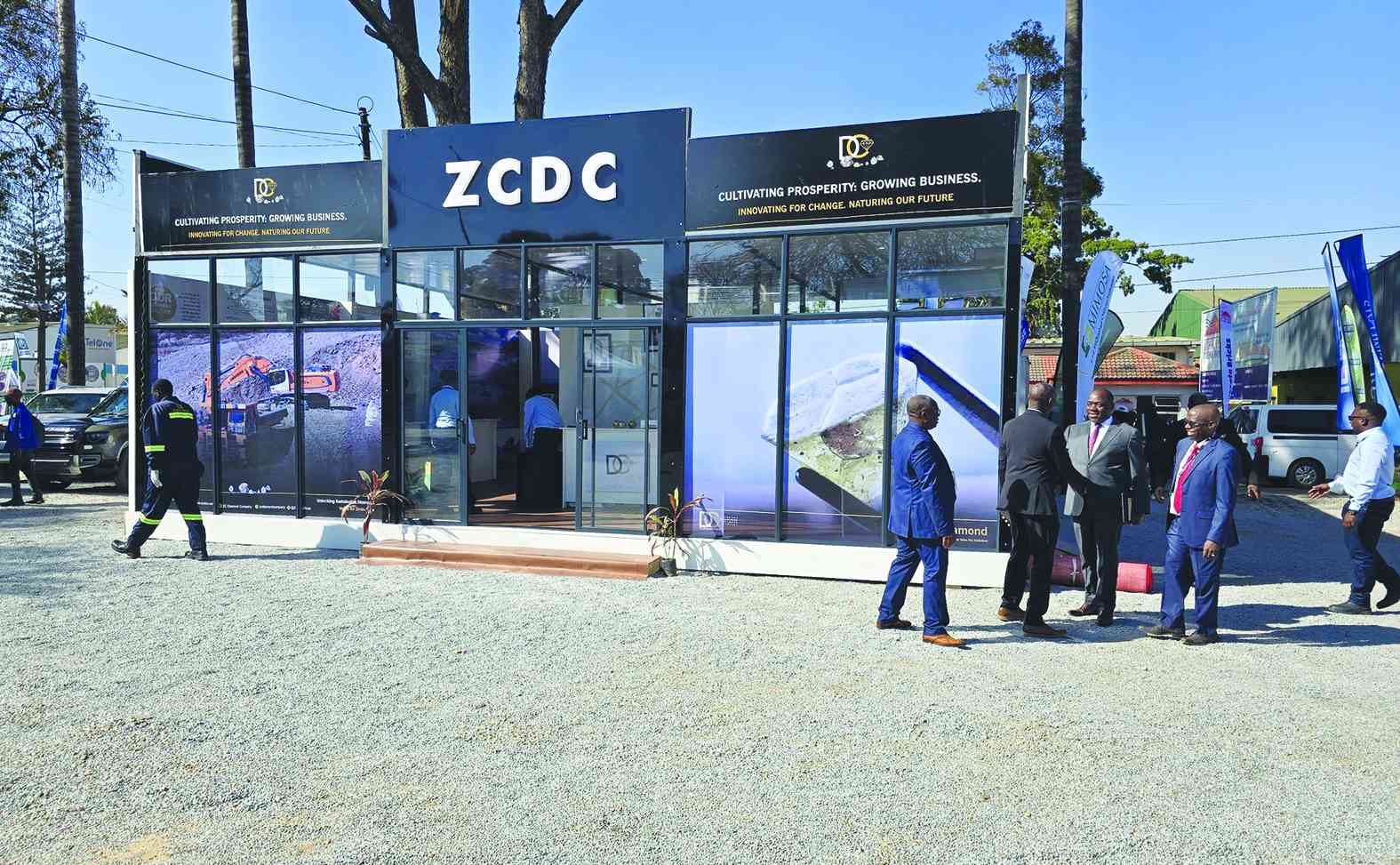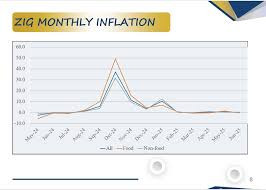
THE Zimbabwe Tourism Authority (ZTA) recently appointed William Stima (WS) as its acting chief executive officer, succeeding Winnie Muchanyuka , who stepped down last year. Our business reporter, Freeman Makopa (FM), sat down with Stima to discuss a range of topics, including the growth prospects for Zimbabwe's tourism sector in 2025. Below are excerpts of the interview:
FM: What is the potential for boosting visitor numbers from African markets?
WS: The African market presents significant potential for growth, especially shared cultural ties with the Sub-Saharan region and the potential presented by the Africa Continental Free Trade Area (ACFTA). Currently, South Africa is the leading market with other countries in the Southern African Development Community (Sadc), East Africa, and West Africa with growth potential. By and large, we see huge potential in intra-regional travel. By enhancing intra-African travel policies, improving connectivity, and creating tailored packages, Zimbabwe can increase arrivals from neighbouring countries and beyond.
FM: How does it feel to lead the ZTA?
WS: Leading Zimbabwean tourism is both exciting and challenging. It is pleasing to witness the industry rebounding and surpassing key milestones post Covid-19. For enhanced and sustained growth, the need for innovation and resilience to overcome global and local challenges both current and unforeseen needs not be overemphasised.
FM: What are your expectations for tourism recovery in 2025, and how can Zimbabwe capitalise on the global economic rebound?
WS: We are optimistic about 2025, with expectations for sustained growth as global travel continues to normalise. The sector is estimated to surpass US$1,3 billion in tourism receipts and reach 2,1 million in international tourist arrivals. To maximise opportunities, we must continue diversifying our tourism product offerings, investing in marketing campaigns, and enhancing infrastructure development so as to position Zimbabwe as a competitive, must-visit destination.
FM: What constraints do you face in increasing African visitor numbers?
- Little hope for Zim, Africa
- SanganaiHlanganani Expo dates set
- African leaders dying overseas expose cruel deception of independence
- Sadc must intervene on Zim crisis: SA
Keep Reading
WS: While the African market presents huge potential for tourist arrivals, there are a number of factors that hinder growth. These include, among others, poor state of the land transport infrastructure and services (road and rail), poor intra-continental air connectivity, limited cross-border facilitation and lack of a harmonised or common visa regime.
FM: Where do you see the greatest opportunities for developing domestic tourism and catering to local demand?
WS: There are different market segments that present opportunities for the growth and development of domestic tourism. Granted improved disposable incomes and availability of affordable packages, there are opportunities for tapping into both the public and private sectors for nurturing travel culture among the locals. These include public servants and employees from the corporate world and the civil society. Other segments include schools and tertiary institutions, diplomatic communities accredited to Zimbabwe, churches and the Zimbabwe Diaspora.
FM: How significant is the meetings, incentives, conferences, and exhibitions (MICE) segment to Zimbabwe's tourism revenue?
WS: MICE tourism is vital for driving revenue and diversifying tourism’s economic impact. In fact, most of the local tourism business in the country is driven by meetings and conferencing. Realising this has led to the establishment of the Zimbabwe National Conventions Bureau (ZNCB) as a strategic business unit within ZTA.
FM: Can you elaborate on the ZNCB?
WS: The ZNCB is there to further promote MICE business in Zimbabwe and promote the bidding of international conferences through the ongoing Meet ’n Zim Campaign. Going forward, MICE infrastructure development, for example exhibition parks, conference facilities and convention centres as well as support for association development and establishment of the MICE Subvention Fund will enable the country to regularly bid for regional and international conferences, thereby enhancing the country’s competitiveness as a MICE destination in the Sadc region and beyond.
FM: How can you encourage growth in developed source markets?
WS: In developed markets, we aim to leverage Zimbabwe’s unique offerings such as Great Zimbabwe Monuments, Matopos, Victoria Falls, wildlife safaris, and cultural heritage tourism resource endowments. Meanwhile, enhanced destination branding, sustainable partnerships with international airlines and tour operators, and harnessing innovative marketing initiatives like digital marketing and virtual reality (VR) experiences are some of the key strategies that may help in positioning Zimbabwe in different source markets.
FM: What additional strategies are you implementing?
WS: Furthermore, expanded presence in key primary, secondary and emerging markets through the deployment of more tourism attachéés will go a long way in boosting our physical presence in the global tourism marketplace.
FM: What further support is needed to strengthen Zimbabwe's tourism sector and enhance its global competitiveness?
WS: In order for Zimbabwe to effectively compete globally, a number of interventions may need to be implemented, including border facilitation, enhanced infrastructure development, increasing budgetary support for destination marketing, adoption of competitive pricing regime, improved service delivery, and aggressive destination marketing.
Gradual relaxation of the visa regime and maintaining a strong country brand image are also crucial.
FM: Can you explain the cluster-based tourism development and marketing approach?
WS: In an endeavor to give new impetus to tourism growth and development and foster new appeal, a cluster-based tourism development and marketing approach has been adopted.
This will see destination Zimbabwe unlocking opportunities in the 11 already identified clusters, including culture and heritage tourism, rural tourism, medical tourism, religious tourism and sports tourism.
The development and promotion of these clusters is expected to address both the supply side through product development and diversification and demand side by the promotion of new and emerging trends, including the growing demand for experiential and sustainable tourism.
FM: What are your current concerns, and why?
WS: Negative perceptions related to perceived issues such as infrastructure and economic challenges are concerning as they impact traveller confidence. However, through sustained marketing campaigns, ZTA and stakeholders are committed to address destination image perceptions through a robust destination image transformation programme.
FM: How crucial is technology in modern tourism, and what innovations can we expect in Zimbabwe's tourism sector?
WS: Technology is pivotal for modern tourism.
Innovations such as virtual reality tours, online booking platforms, artificial intelligence and data analytics for personalised marketing will redefine how Zimbabwe engages with source markets worldwide. Investing in these tools is essential for staying competitive.
FM: What are your tourist arrival targets for next year, and what initiatives are in place to attract more visitors?
WS: We are targeting over 2,1 million arrivals next year.
Initiatives include ramping up international marketing campaigns, hosting travel expos, enhancing destination accessibility, and fostering partnerships with airlines and regional bodies to promote Zimbabwe as a preferred destination.









